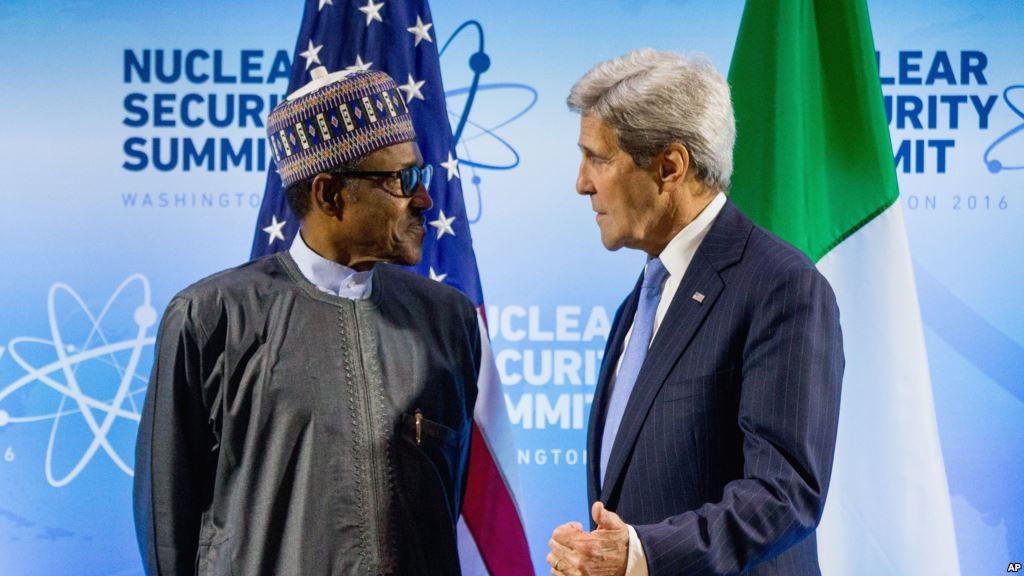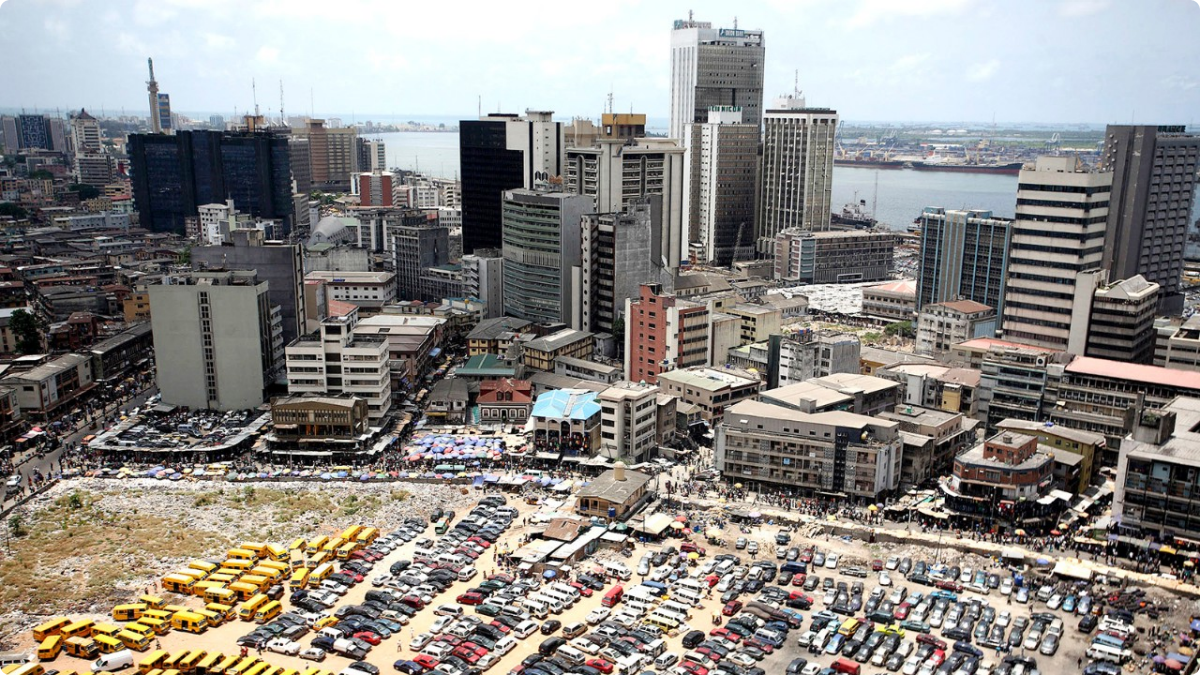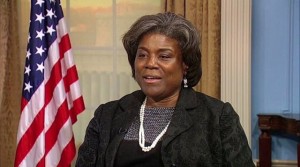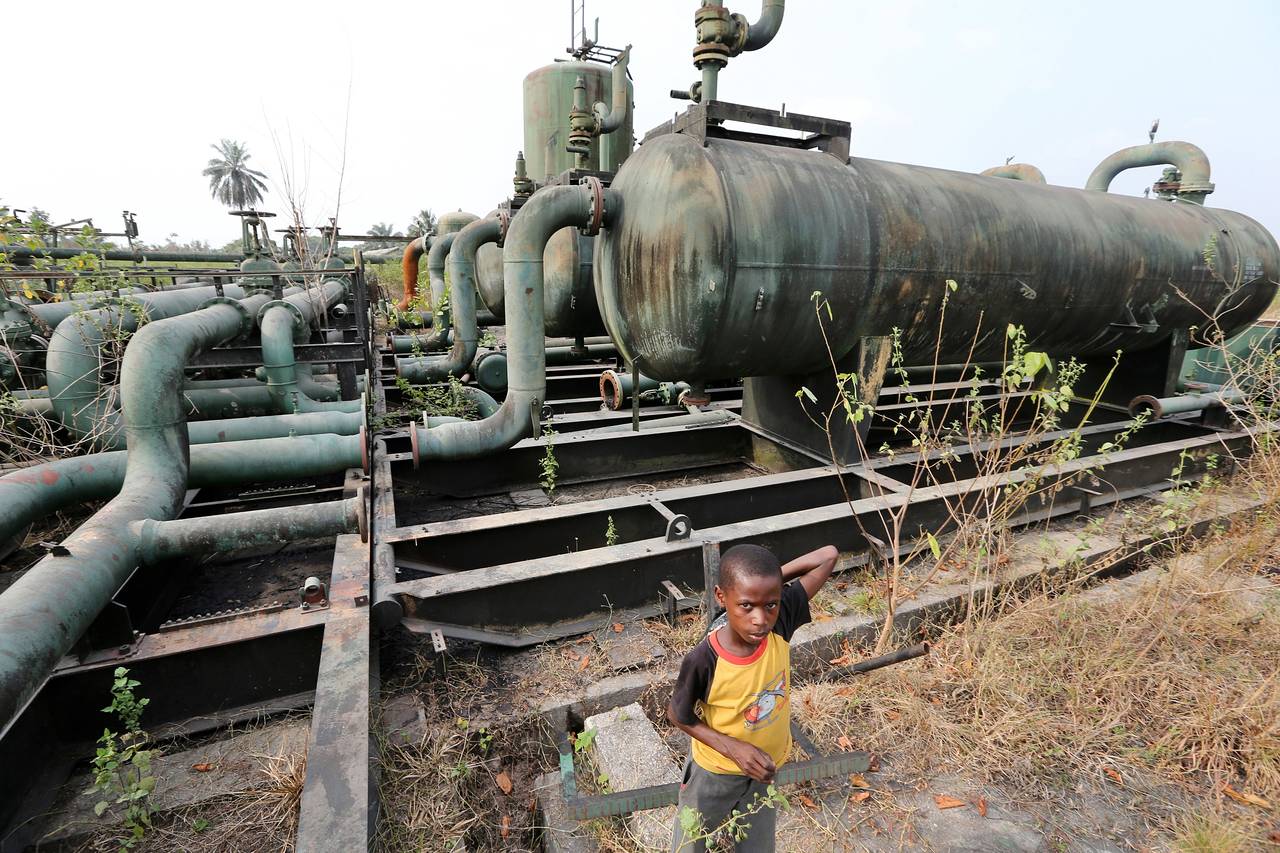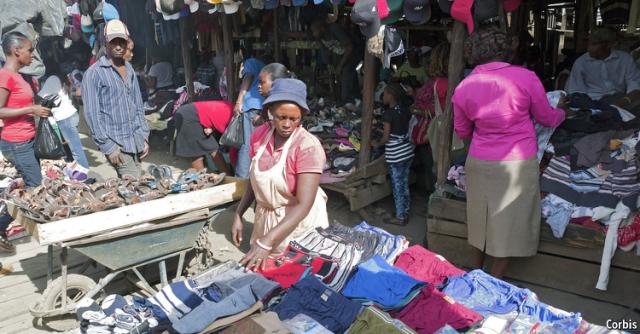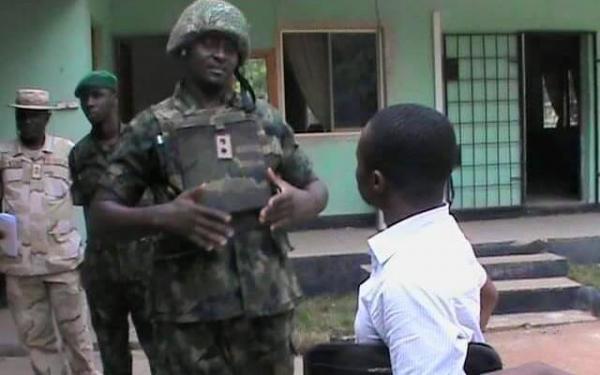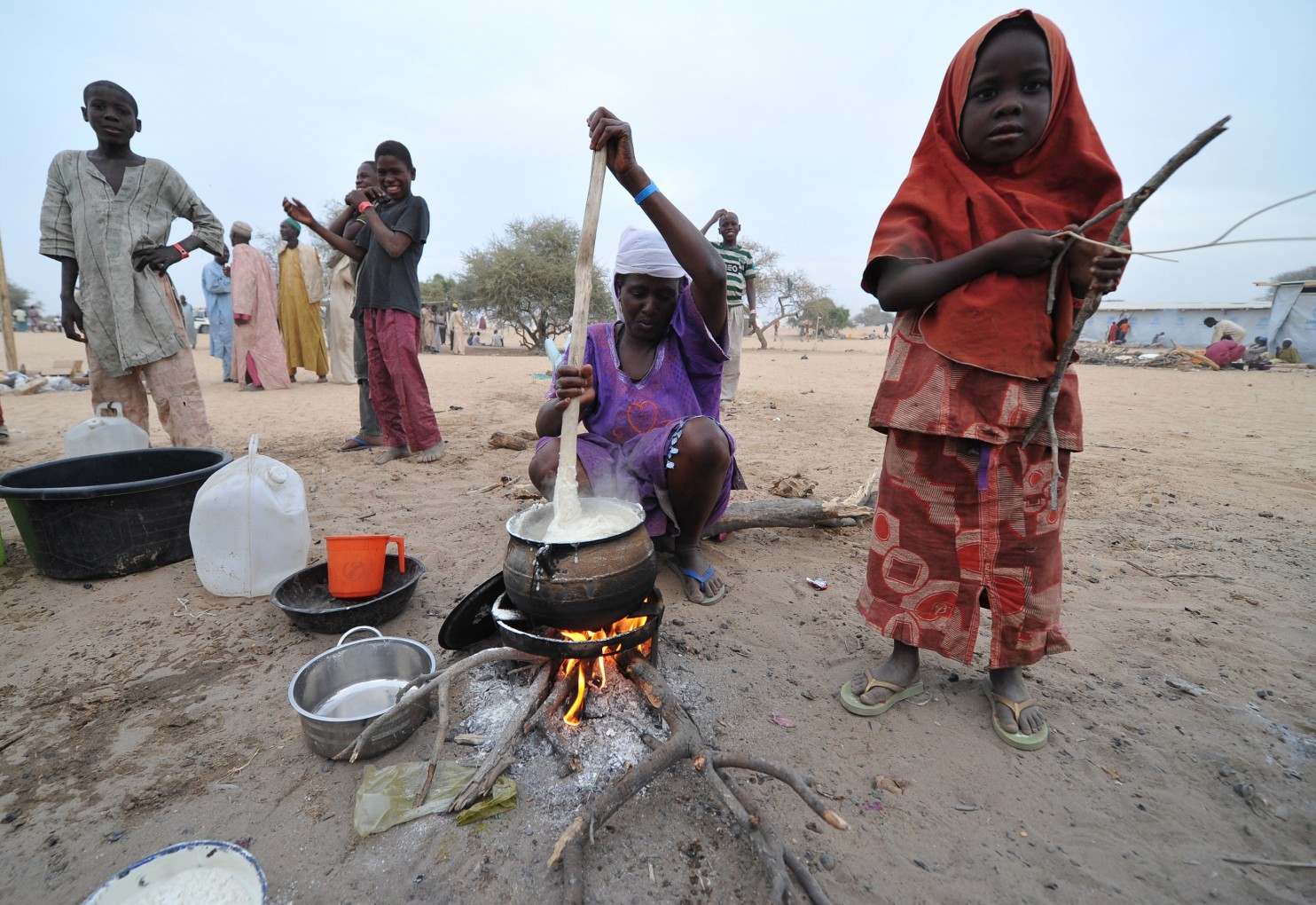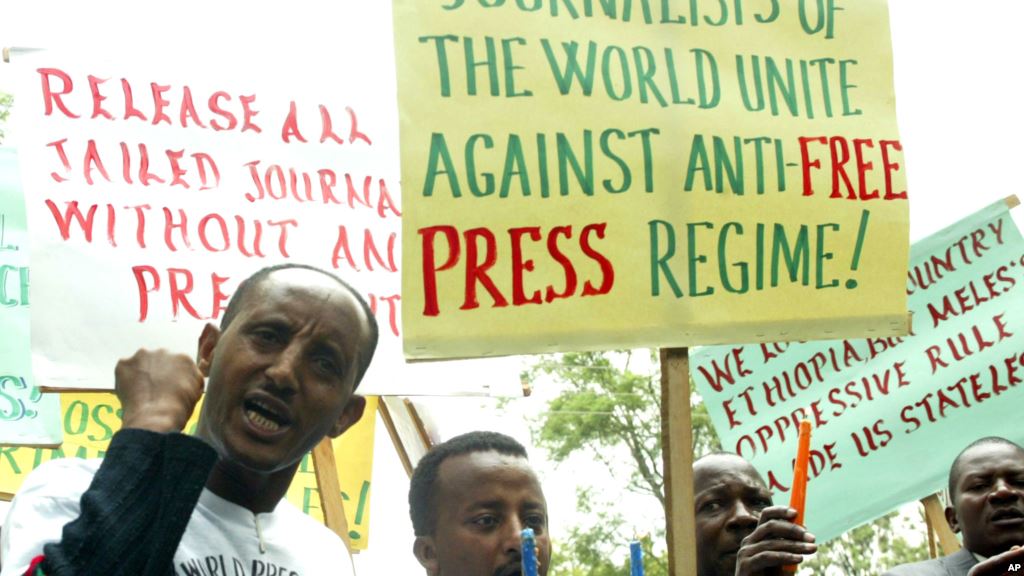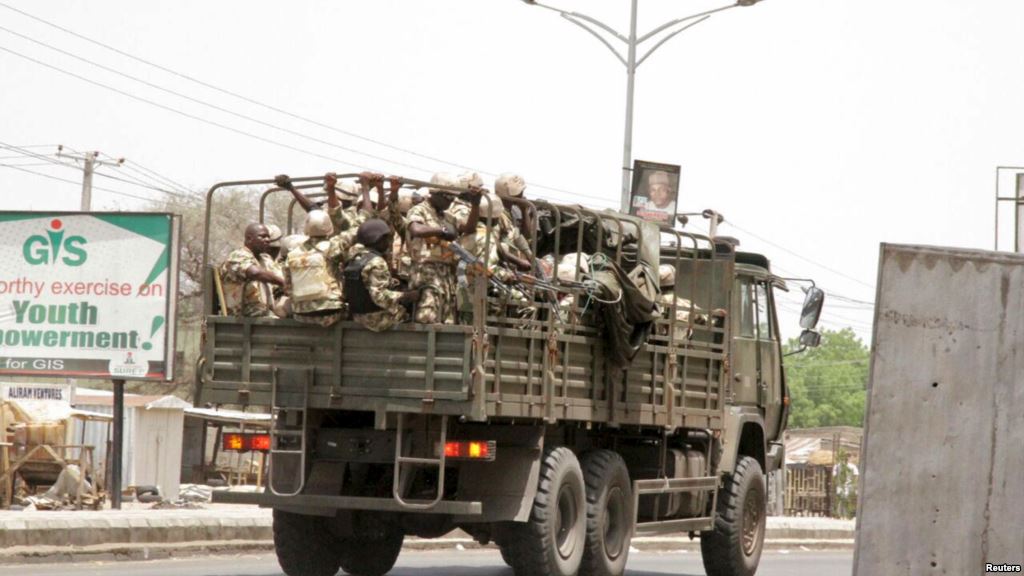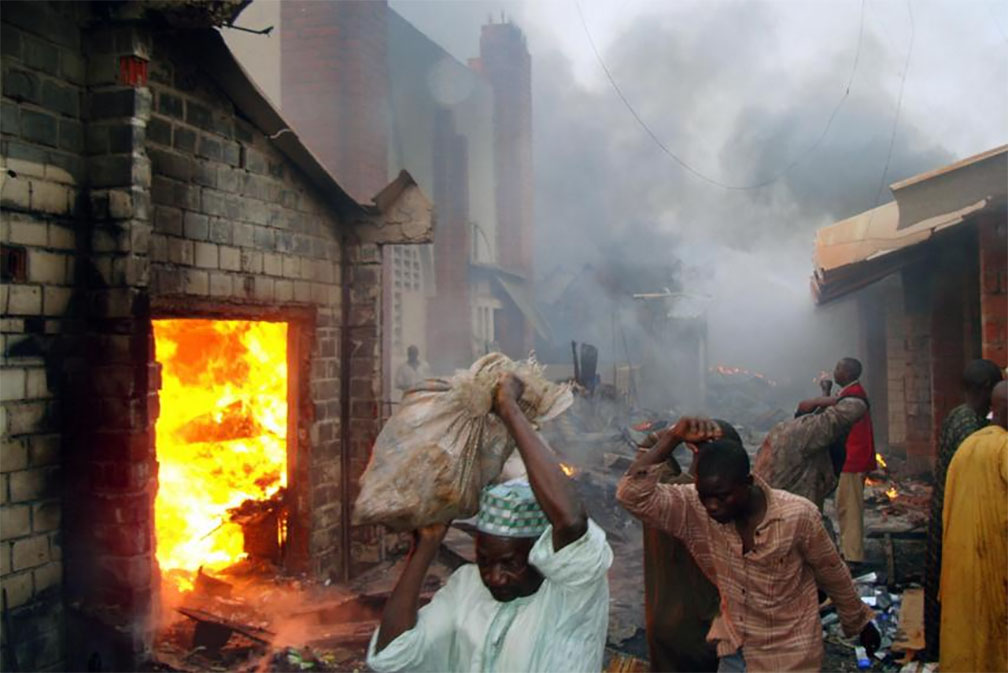
By | Newsweek
Over the weekend—near the end of the Christian observance of Holy Week—a fire broke out in Kano’s Sabon Gari market. It eventually destroyed 3,800 shops, according to the Nigeria Emergency Management Administration (NEMA), obliterated at least 2 trillion naira (approximately $10 billion dollars) worth of goods, and affected at least 18,000 traders. The NEMA director general said, “This is the biggest market fire outbreak Nigeria has ever witnessed. This is a serious calamity.” (Despite the magnitude of the disaster it has not been reported in the mainstream Western media.)
There was a previous fire in the market only five months ago. The Emir of Kano, Malam Muhammadu Sanusi II, called on the federal and state governments to investigate the causes of recent fires at Kano markets and schools. The emir is the former governor of the Central Bank who blew the whistle on the national petroleum company’s failure to remit revenue to the national Treasury during the administration of the previous president, Goodluck Jonathan.
Kano’s Sabon Gari, the “foreigners’ quarter,” is often called the largest settlement of ‘non-indigenous’ people in northern Nigeria. Its population is made up of ethnic groups from all around the country, with the Igbo especially prominent. Most of the indigenous population of Kano is Hausa-Fulani, who are typically Muslim. Sabon Gari residents, on the other hand, are often Christian. The Sabon Gari is also known for its freewheeling atmosphere in otherwise observant Muslim Kano, with the ready availability of beer and prostitutes. Kano has been the site of ethnic and religious clashes in the past. Though not of late, Boko Haram has been active in Kano.
Officials are saying that the fire is electrical in origin, and it spread rapidly because there was nobody in the market shortly after midnight. This is plausible. Market fires are common. Even this weekend, there was another large market fire in Birnin Kebbi, capital of Kebbi state. Senate President Bukola Saraki commented on March 27 that fires in markets around the country were negatively affecting gross domestic product. Nevertheless, there is speculation that the fire in Kano’s Sabon Gari market was the result of arson, and that it involved Boko Haram. Boko Haram has carried out big operations before around the principal Christian holidays, and the Sabon Gari market would be a tempting target. Arson could also have been perpetrated because of ethnic and religious hostilities. Thus far, no group has claimed responsibility for the fire. It is to be hoped that the federal and state authorities will respond positively to the emir’s call for a thorough investigation.



